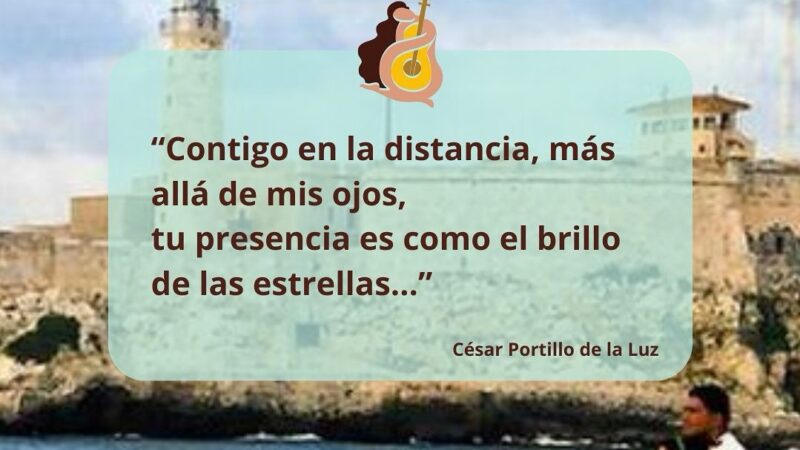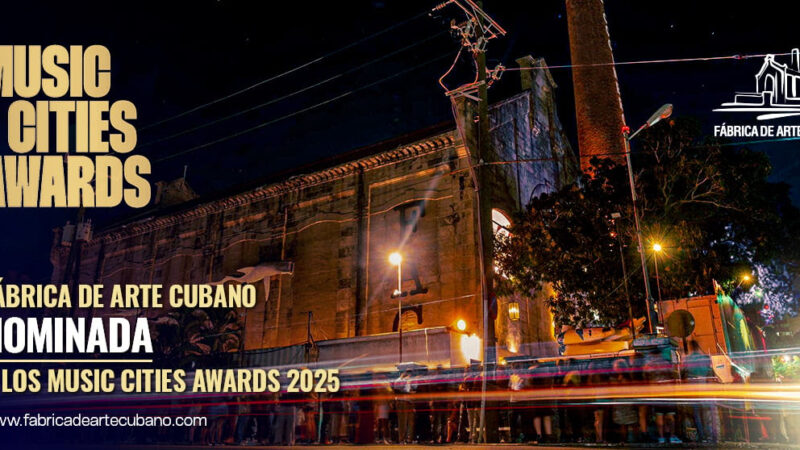Fidel Castro: Cuba is the symbol of resistance
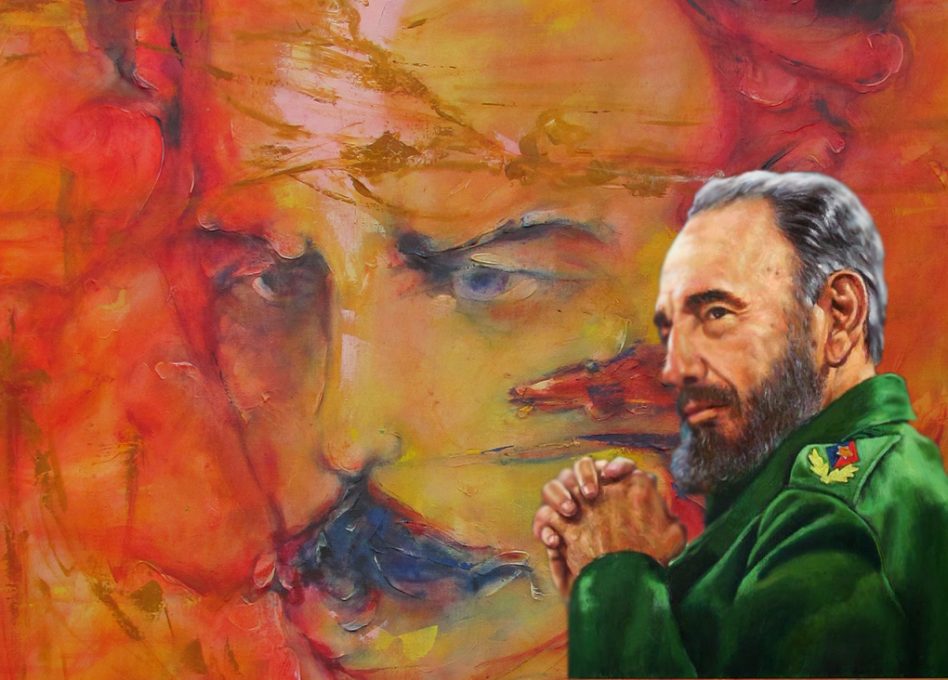
The Cuban people, often described as heroic by their Commander-in-Chief, have been not only the subject and object of their own transforming work, but also the inspiration and supportive driving force behind changes in other realities, beyond geographical borders. And Fidel Castro’s people appear to themselves and to the world as the monumental creation of the greatest leader of the Cuban Revolution.
It was not by chance that Fidel declared to the world’s journalists in 1990: «Cuba is the symbol of resistance. Cuba is the symbol of the firm and uncompromising defence of revolutionary ideas. Cuba is the symbol of the defence of revolutionary principles. Cuba is the symbol of the defence of socialism (…) and the Cuban people will know how to live up to their historic responsibility.»

He has always had the political intelligence to unite wills, a fundamental compass to guide the way. And Cubans have got used to everything except the physical loss of Fidel seven years ago.
Every corner of this small country that he made great will always remember him for his charisma, his leadership and his desire to change everything that could be changed; for his gift of transcending borders to become a world reference, an icon of the struggle for equality, for the sovereignty of peoples and for solidarity.
He encouraged the people: «We will continue to endure the consequences of the blockade, which will one day be defeated by the dignity of the Cuban people, the solidarity of the peoples and the almost total opposition of the world’s governments, as well as the growing rejection of the American people.»
In another landmark victory for Cuba, the US government was found guilty of violating human rights, treaties and international law by enforcing the blockade against Cuba for more than 60 years, according to the verdict of the International Court of Justice, which was recently finalised in the European Parliament.
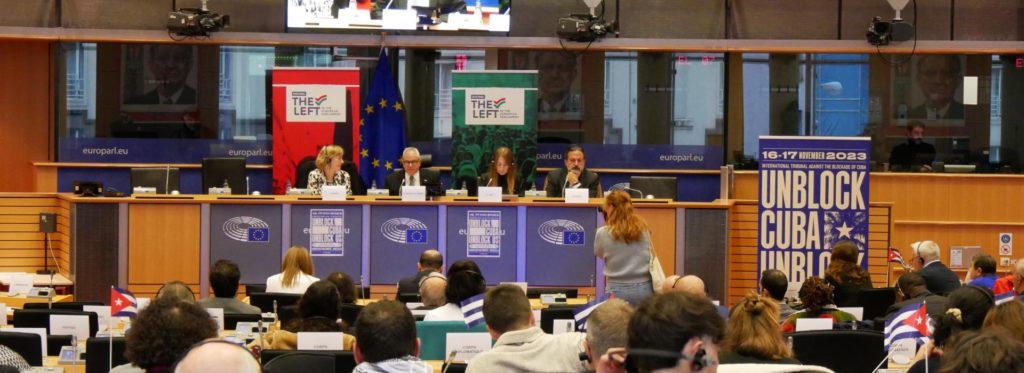
A few days earlier, on 2 November, and for the 31st time since 1992, the international community demanded that the US government put an end to its genocidal economic, commercial and financial blockade, when the United Nations General Assembly overwhelmingly approved the resolution presented by Cuba.
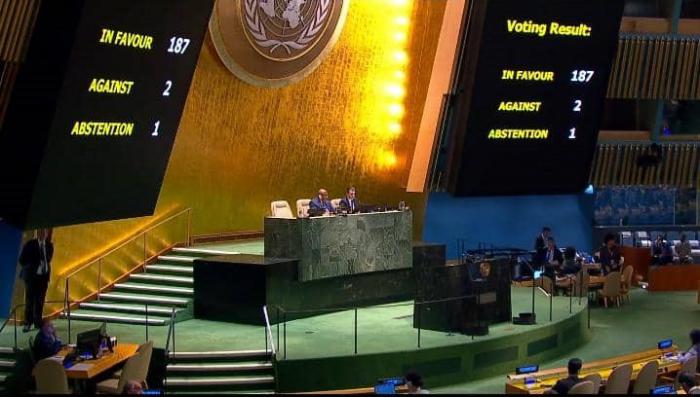
This policy of prolonged economic strangulation and its grave effects on the lives of the Cuban people had been repeatedly denounced by the Commander-in-Chief as tantamount to the crime of genocide and, since the US laws on which it is based are illegal, it must be abolished.
He cited a wide range of arguments: the intensification of Cuban exports, especially in the tourism sector; the merciless persecution of the country’s banking and financial activities; the cost of the geographical relocation of trade; the impact on production and services to the population; and the obstacles to access to advanced technologies.
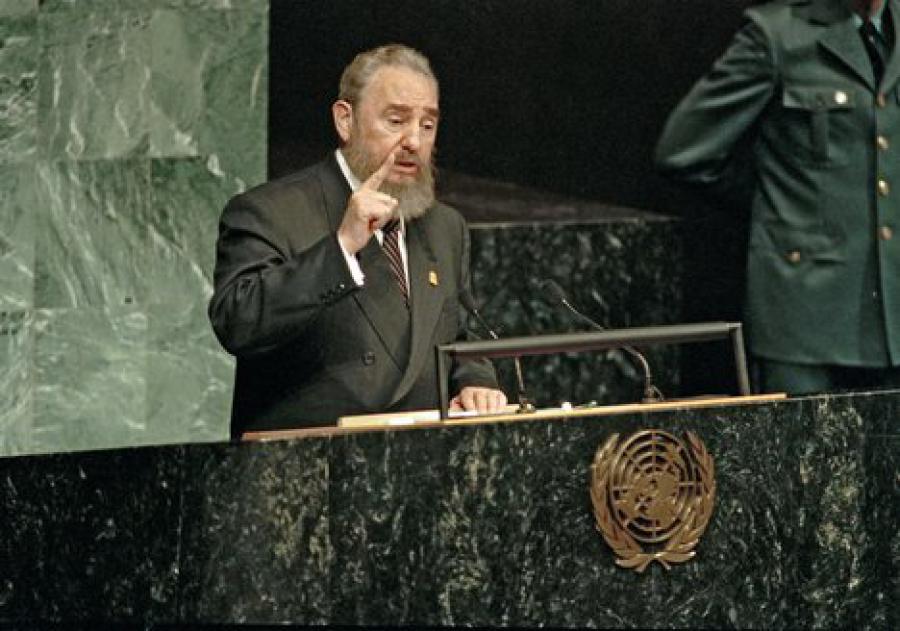
According to Fidel, this phrase is particularly relevant to Cuba’s current situation, because «the governments of the United States have given us the opportunity to fight to the full, blockading us, constantly harassing us, excluding us from everything, happy even to be excluded, in exchange for the freedom to speak without compromise on any platform in the world, where there are so many just causes to defend.»
Like a watchful helmsman, as described in one of Mirta Aguirre’s beautiful verses, Fidel continues to sail the Granma and will do so forever, alongside the sea of people who follow and realise his ideas. The voyage of the 82 expedition members he led did not end at Las Coloradas Beach, it climbed the Sierra Maestra Mountains and continued inexorably towards triumph, towards the future.
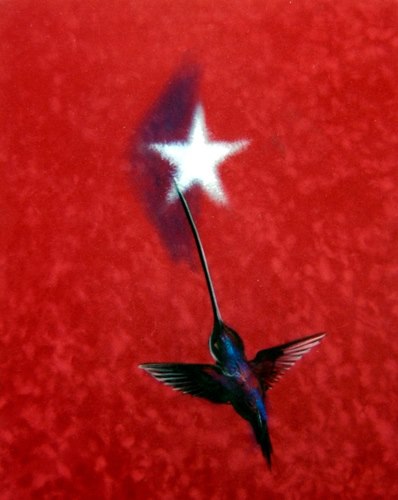
Translated by Luis E. Amador Dominguez


